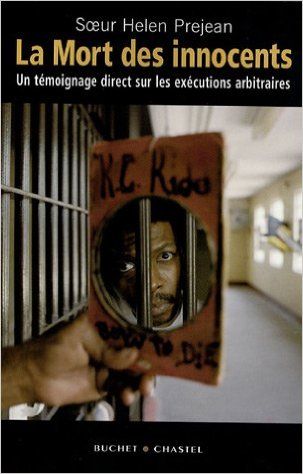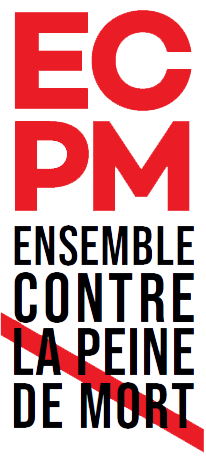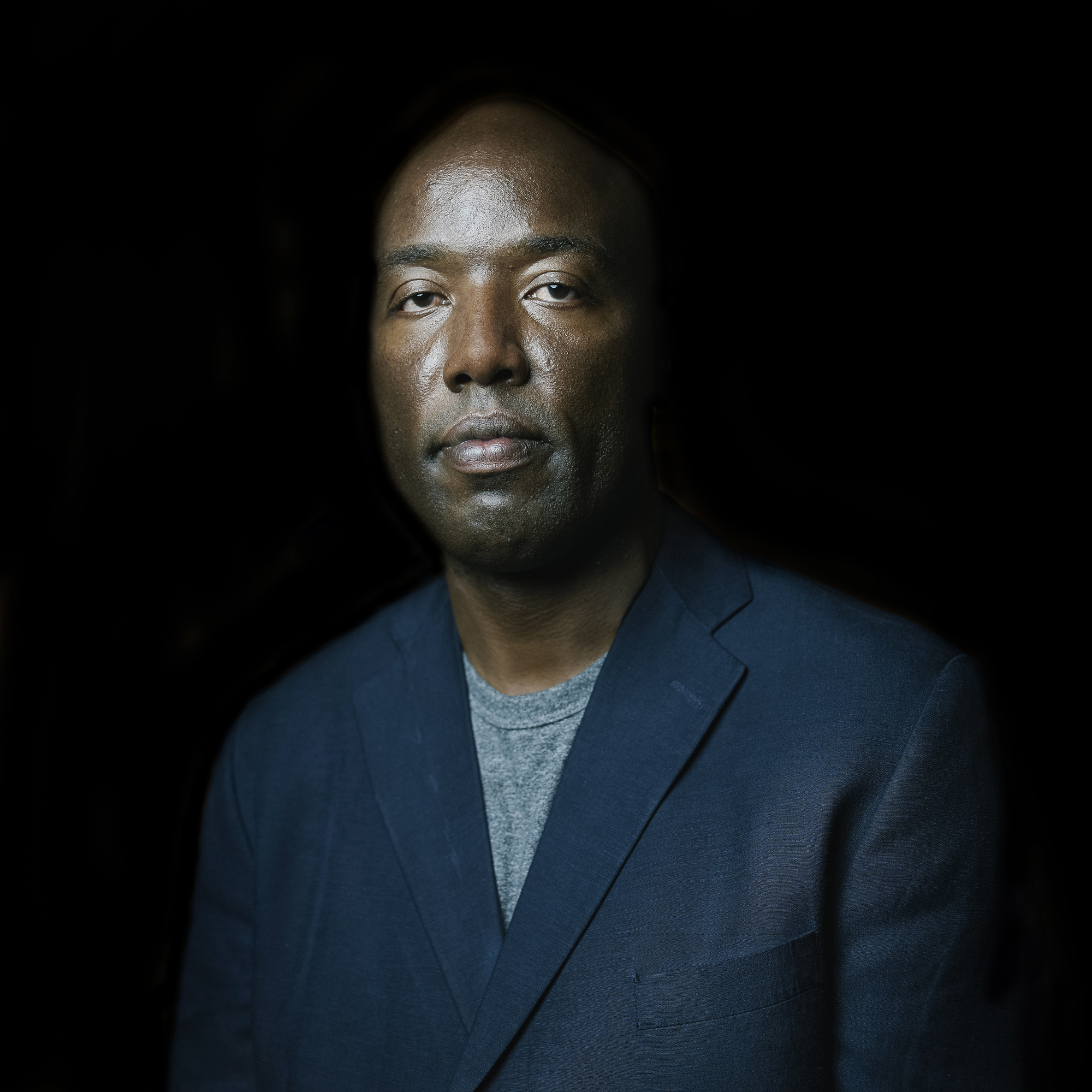08
PETE OUKO
Kenya
Pete Ouko
18 ans en prison dont 8 dans le couloir de la mort
Libéré en 2016
Condamné à mort pour meurtre en 2001, à 31 ans, Pete Ouko, alors père de deux enfants en bas âge, a toujours clamé son innocence. Détenu pendant près de dix-huit ans dans une cellule avec treize autres prisonniers, il témoigne aujourd’hui de la difficulté de survivre dans l’attente de son exécution, et ce dans des conditions particulièrement compliquées. Gracié le 26 octobre 2007 puis libéré en 2016, il est à présent diplômé en droit de l’Université de Londres. Il s’investit dans la défense des droits des prisonniers d’Afrique, au travers de l’association Youth Safety Awareness Initiative, dont il est le fondateur et le directeur.
Pete a vécu dans des conditions inhumaines dans le couloir de la mort au Kenya, enfermé dans une cellule de 2m sur 2,5m avec 13 autres personnes, 23h30 sur 24, sans accès à l’eau. Les condamnés à mort dont Pete faisait partie subissaient de nombreux actes de torture de la part des gardiens. À partir de 2003, le système pénitentiaire a connu de nombreuses réformes dans ce pays, endiguant drastiquement les cas de torture et mettant l’accent sur l’éducation. L’administration donne désormais aux détenus l’opportunité de se réhabiliter, d’accéder à l’éducation, à la professionnalisation, en vue de leur réintégration dans la société après leur libération. Malgré cette relative amélioration, la peine de mort est toujours appliquée au Kenya, et le nombre de condamnés à mort est passé d’au moins 158 à au moins 1000 personnes entre 2018 et 2020. L’Afrique est toutefois considérée comme le prochain continent abolitionniste. En trente ans, le nombre d’États rétentionnistes y est passé de 45 (sur 55 États africains) à 10, situés pour la plupart en Afrique de l’Est. Les abolitions les plus récentes sont intervenues au Tchad en avril 2020 et au Malawi en avril 2021.
La peine de mort est un obstacle à la vérité. Pete a gardé espoir toutes ces années dans le couloir de la mort pour sa femme, victime du meurtre dont il a été accusé et pour lequel il a été condamné. Or sa grâce n’a permis ni de retrouver les 18 années de sa vie perdues, ni de connaître la vérité sur le meurtre de son épouse. Depuis 2015, Pete se bat donc devant les tribunaux kenyans pour que la vérité soit établie, pour que ses enfants et lui puissent aller de l’avant. Dès 2007, alors qu’il se trouvait toujours dans le couloir de la mort, il a créé « Crime si poa », une organisation visant à soutenir et offrir une formation professionnelle et civique à de jeunes Kenyans, y compris des enfants en détention, pour prévenir la criminalité ou la récidive. L’organisation offre également un centre de ressources pour les anciens détenus où ils peuvent débuter une activité pour recommencer une nouvelle vie.
- livre

La mort des innocents
Titre original : Dead Man Walking
Auteur : Helen Prejean
Pays : États-Unis
Genre : Essai
Date de parution : avril 2007
Éditeur : Buchet-Chastel
En racontant dans Dead Man Walking (La Dernière Marche) les ultimes moments d’un condamné à mort, sœur Helen Prejean a bouleversé les consciences américaines. Dans La mort des innocents, elle poursuit son combat contre la peine capitale. Elle présente tout d’abord les cas de Dobie Gillis Williams et de Joseph Roger O’Dell, et montre l’absurdité de leurs procès, l’impossibilité qu’ils ont eue de se défendre. Son livre se poursuit par le démontage du système judiciaire américain, qui met en évidence le caractère structurel de l’erreur judiciaire. La peine de mort apparaît enfin comme le plus tragique vestige de la ségrégation raciale au cours de vingt dernières années, 80 % des exécutions ont eu lieu dans les anciens États esclavagistes.
- ted talk de pete ouko
- vidéo
- activité
- quiz


